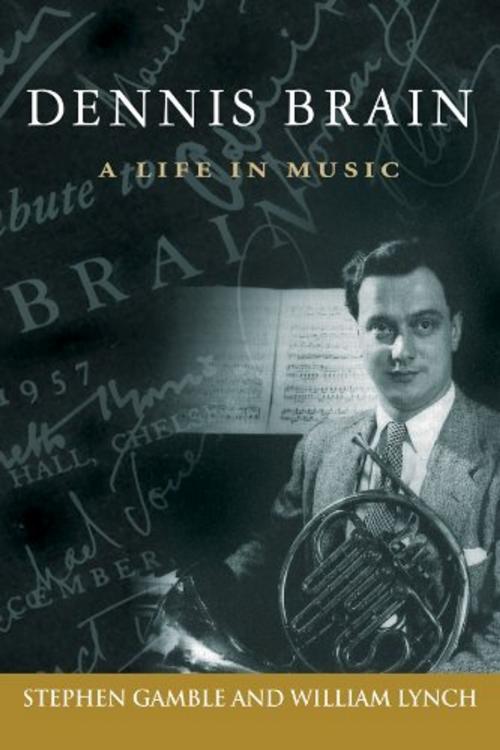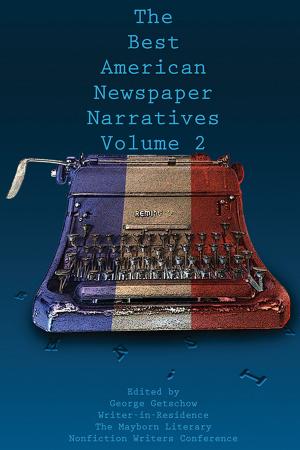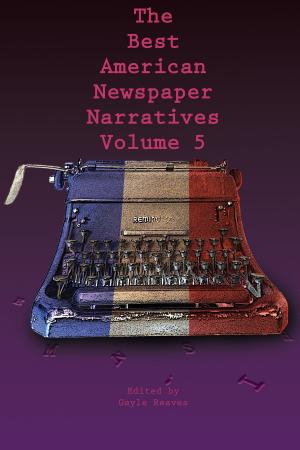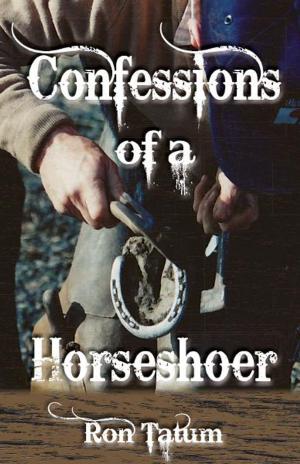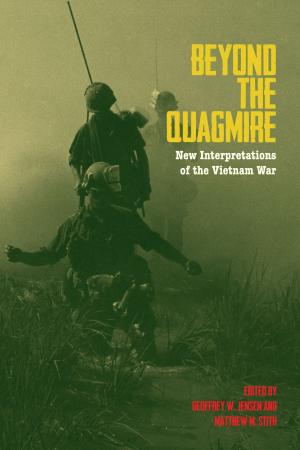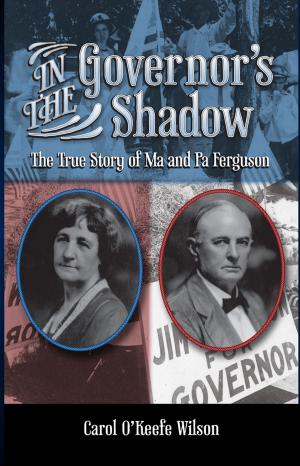Dennis Brain: A Life in Music
Nonfiction, Entertainment, Music, Instruments & Instruction, General Instruments, Biography & Memoir, Composers & Musicians| Author: | Stephen Gamble and William Lynch | ISBN: | 9781574413519 |
| Publisher: | University of North Texas Press | Publication: | May 15, 2011 |
| Imprint: | Language: | English |
| Author: | Stephen Gamble and William Lynch |
| ISBN: | 9781574413519 |
| Publisher: | University of North Texas Press |
| Publication: | May 15, 2011 |
| Imprint: | |
| Language: | English |
The British horn player Dennis Brain (19211957) is commonly described by such statements as the greatest horn player of the 20th Century, a genius, and a legend. He was both a prodigy and popularizer, famously performing a concerto on a garden hose in perfect pitch. On his usual concert instrument his tone was of unsurpassed beauty and clarity, complemented by a flawless technique. The recordings he made with Herbert von Karajan of Mozarts horn concerti are considered the definitive interpretations. Brain enlisted in the English armed forces during World War II for seven years, joining the National Symphony Orchestra in wartime in 1942. After the war he filled the principal horn positions in both the Philharmonia and Royal Philharmonic Orchestras. He later formed his own wind quintet and began conducting. Composers including Benjamin Britten and Paul Hindemith lined up to write music for him. Even fifty years after his tragic death at the age of 36 in an auto accident in 1957, Peter Maxwell Davies was commissioned to write a piece in his honor. Stephen Gamble and William Lynch have conducted numerous interviews with family, friends, and colleagues and uncovered information in the BBC archives and other lesser known sources about recordings that were previously unknown. This volume describes Brains life and analyzes in depth his musical career. Its appendices of information on performances will appeal to music historians, and its details on Brains instruments and equipment will be useful to horn players. A pleasure to read: serious but personable, unaffected, unpretentiousconversational in tone. The character of the prose can be said to reflect the character of the books subject. Eminently satisfying.Robert Marshall, author of Dennis Brain on Record
The British horn player Dennis Brain (19211957) is commonly described by such statements as the greatest horn player of the 20th Century, a genius, and a legend. He was both a prodigy and popularizer, famously performing a concerto on a garden hose in perfect pitch. On his usual concert instrument his tone was of unsurpassed beauty and clarity, complemented by a flawless technique. The recordings he made with Herbert von Karajan of Mozarts horn concerti are considered the definitive interpretations. Brain enlisted in the English armed forces during World War II for seven years, joining the National Symphony Orchestra in wartime in 1942. After the war he filled the principal horn positions in both the Philharmonia and Royal Philharmonic Orchestras. He later formed his own wind quintet and began conducting. Composers including Benjamin Britten and Paul Hindemith lined up to write music for him. Even fifty years after his tragic death at the age of 36 in an auto accident in 1957, Peter Maxwell Davies was commissioned to write a piece in his honor. Stephen Gamble and William Lynch have conducted numerous interviews with family, friends, and colleagues and uncovered information in the BBC archives and other lesser known sources about recordings that were previously unknown. This volume describes Brains life and analyzes in depth his musical career. Its appendices of information on performances will appeal to music historians, and its details on Brains instruments and equipment will be useful to horn players. A pleasure to read: serious but personable, unaffected, unpretentiousconversational in tone. The character of the prose can be said to reflect the character of the books subject. Eminently satisfying.Robert Marshall, author of Dennis Brain on Record
